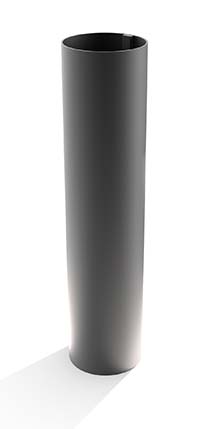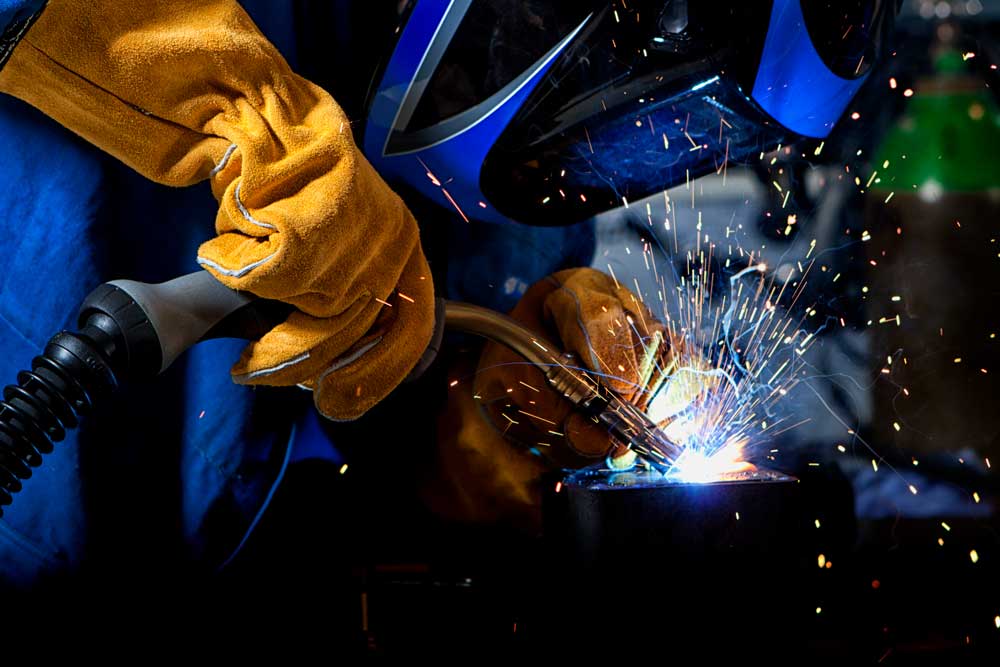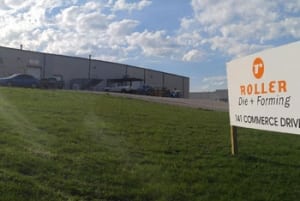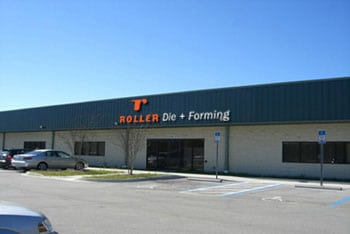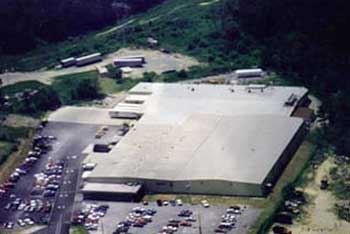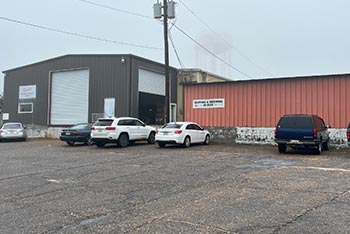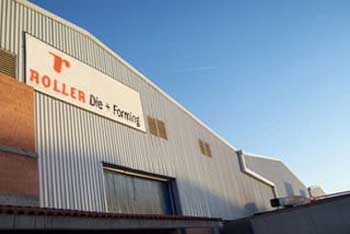Roll forming is a highly efficient and versatile metal fabrication process that finds extensive applications in the appliance industry. Roller Die + Forming works with appliance clients to bend and shape long strips of metal into a desired cross-sectional profile using a series of roll stands. The resulting product is a precisely formed component or part that possesses excellent dimensional consistency and structural integrity. Roll forming offers numerous advantages, making it an ideal manufacturing method for the appliance industry.
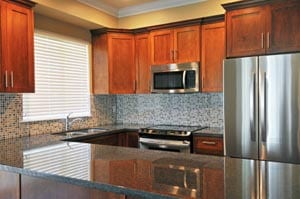
Another important use of roll forming in the appliance industry is in the manufacturing of structural components. Roll-formed profiles can be tailored to meet specific load-bearing requirements, making them suitable for various applications within appliances. The precise dimensions and uniformity achieved through roll forming contribute to the overall stability and functionality of the appliances.
Roll forming plays a significant role in the production of appliance trim and decorative elements. Roll-formed trims, often made of stainless steel or powder coated metals, such as door edges, handles, and window frames, add an appealing aesthetic touch to appliances. The flexibility of roll forming allows for the creation of intricate designs. By efficiently forming metal strips into desired shapes, roll forming reduces material waste and enhances production efficiency.
Different appliances require different materials based on their specific requirements, such as corrosion resistance, heat conductivity, or magnetic properties. Roll forming accommodates a wide range of metals, including stainless steel, aluminum, and galvanized steel. Roller Die + Forming clients are able to specify the material for each component.
The continuous and high-speed nature of the process allows for rapid and efficient manufacturing, resulting in lower labor and operational costs. The tooling used in roll forming can be designed for quick changeovers, multiple part lengths, and various punch patterns on the same profile. The efficiency and versatility of roll forming contribute to improved productivity and reduced production expenses for appliance manufacturers.
If you’re interested in learning more about the advantages of roll forming and working with Roller Die, reach out to a member of our sales team today. And don’t forget to explore our Standard Tooling Library to see if we already have the tooling you need.

